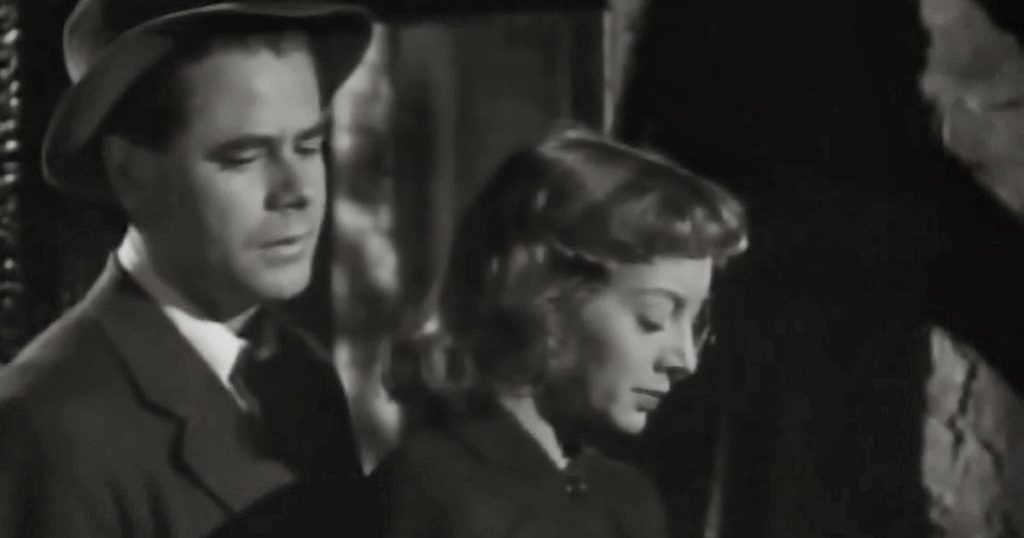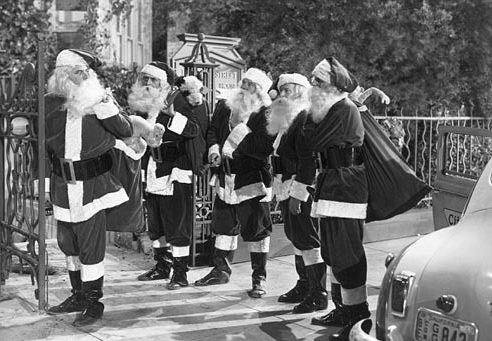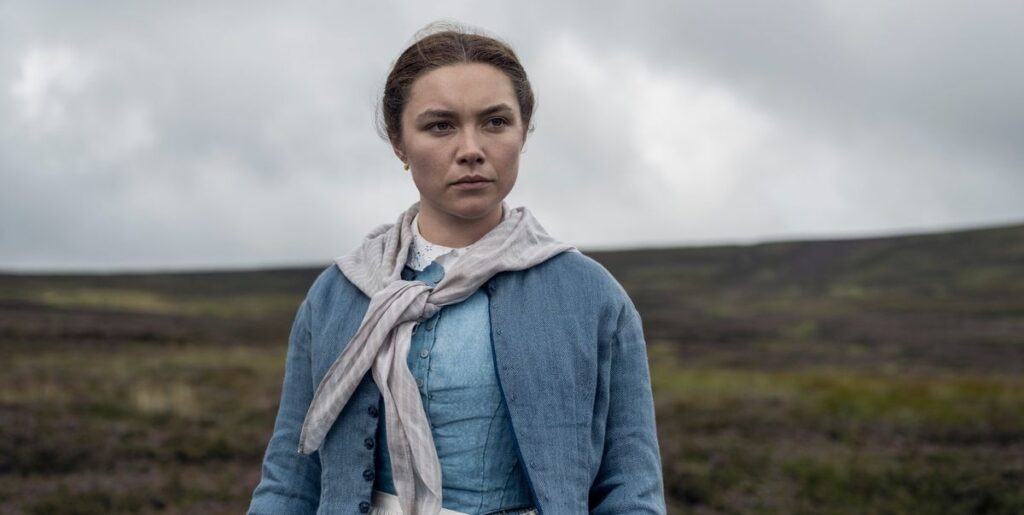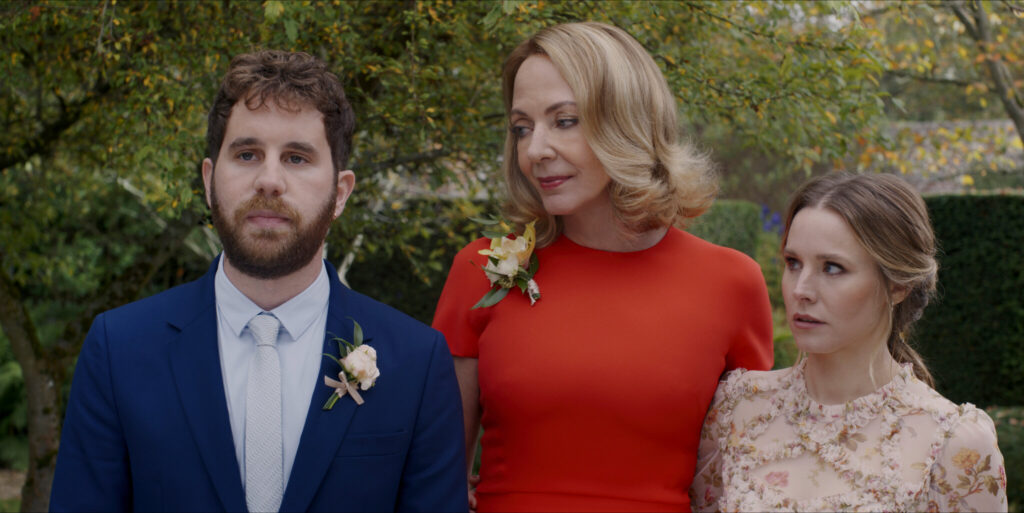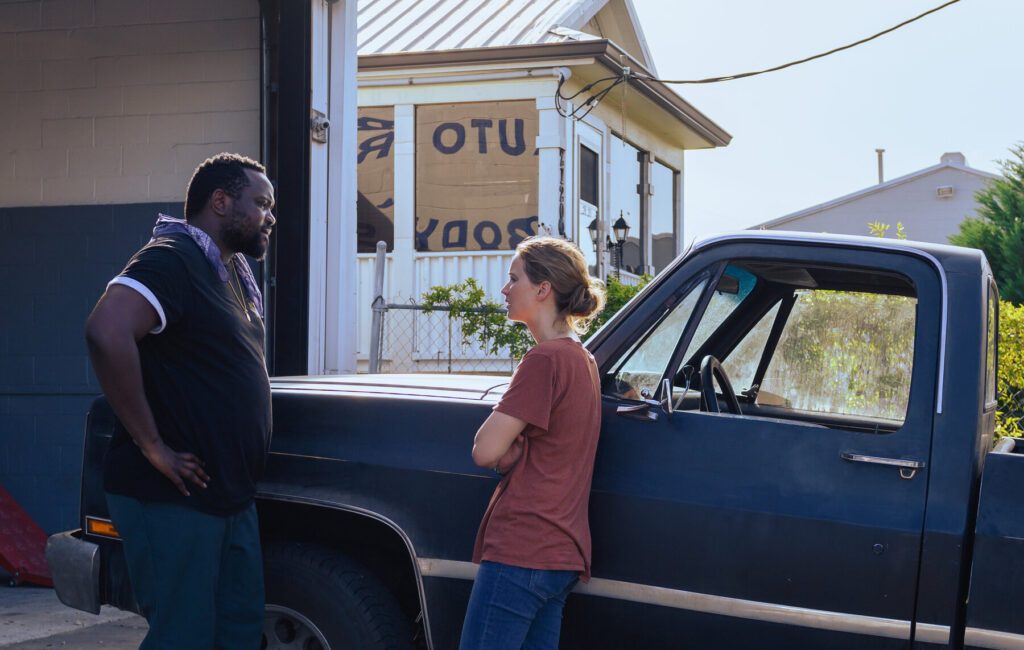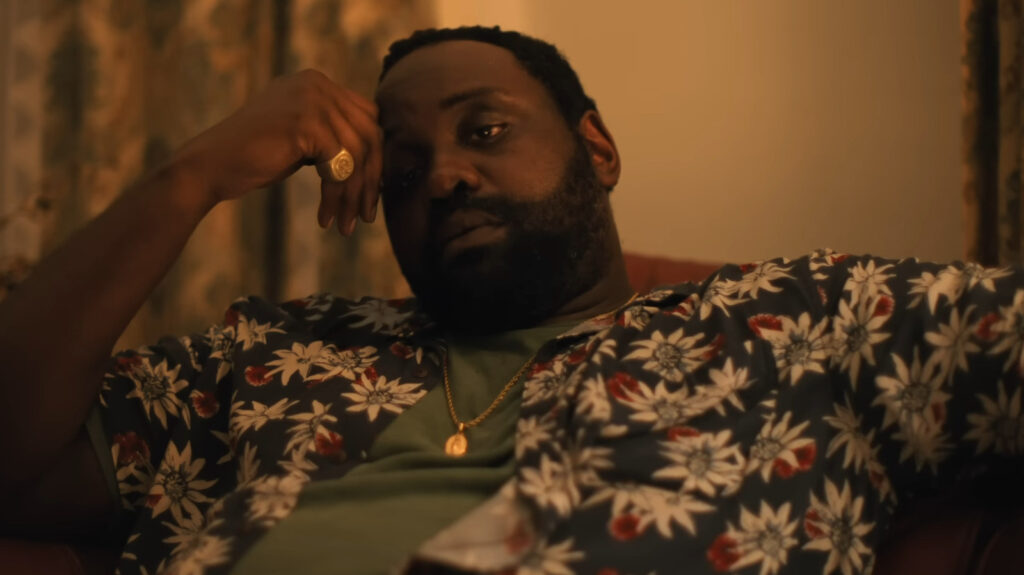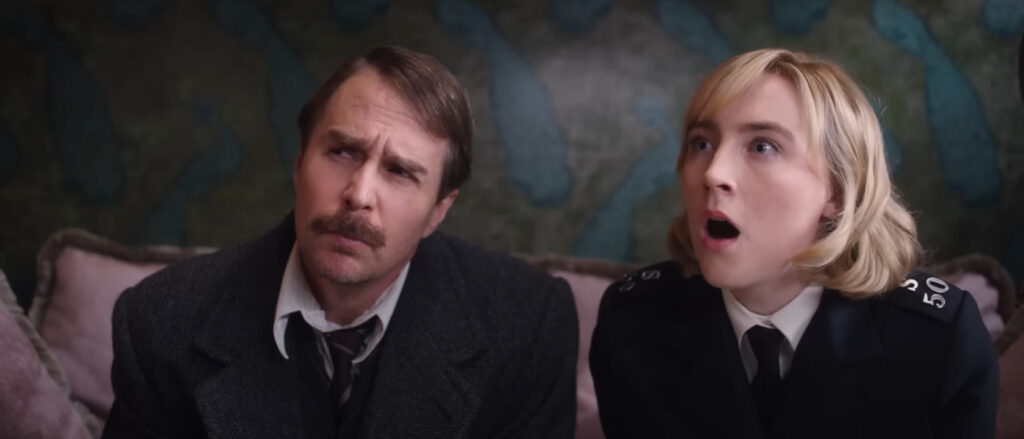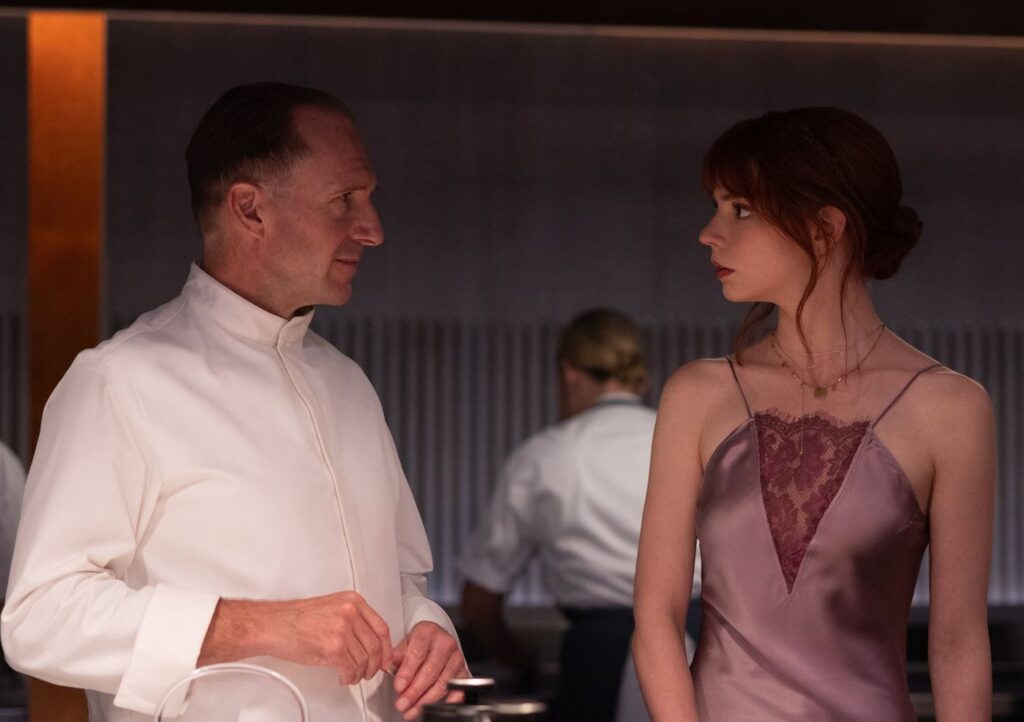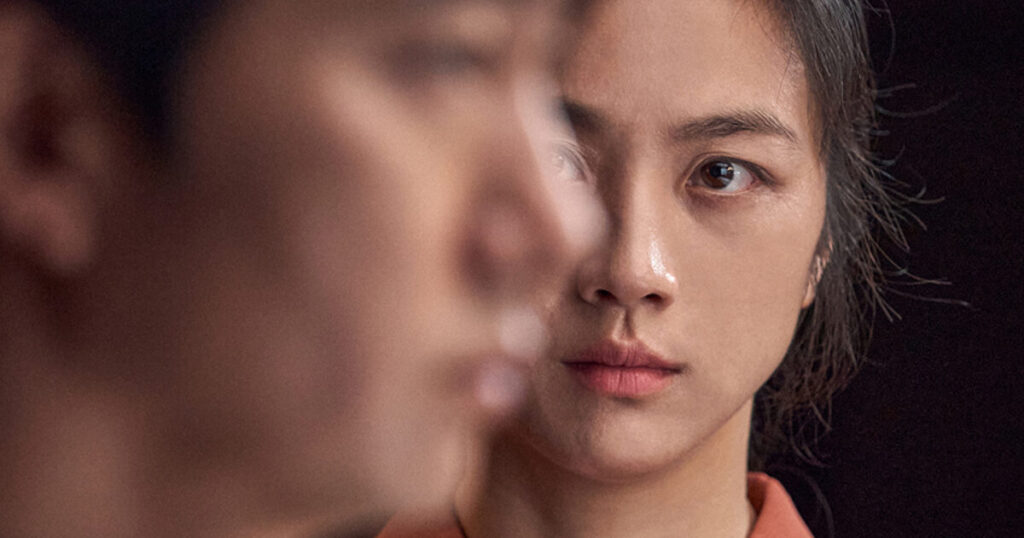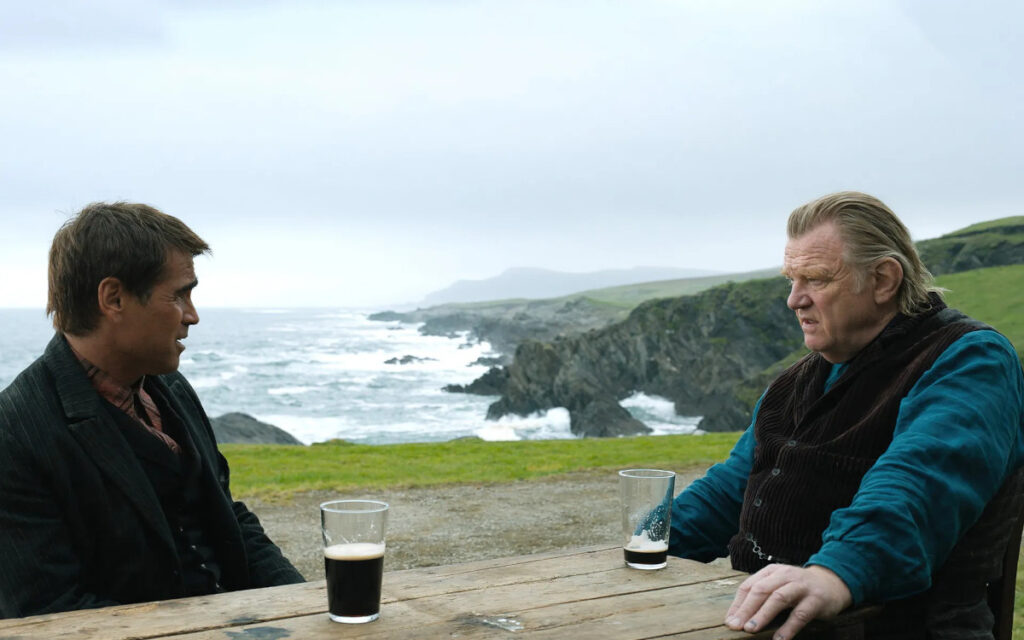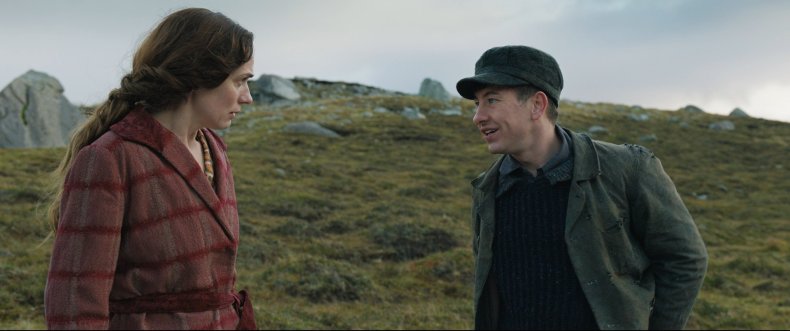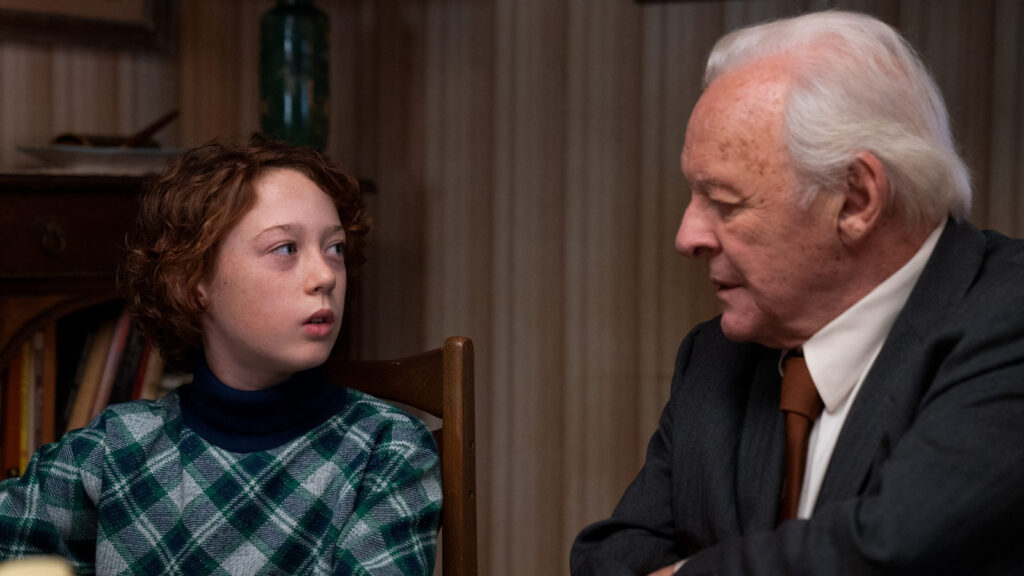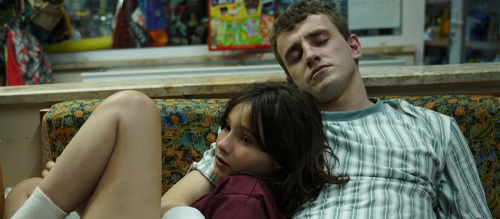
The authentic, thought-provoking and entirely fresh Aftersun follows a British dad and daughter on their weeklong holiday at a budget seaside resort in Turkey in 1999.
She is 11, and he is 30. Although he’s always been in her life, he’s not the custodial parent, and perhaps never has been. (If you do the math, he was only 19 when he impregnated her mom.) Dad and daughter are playful ,affectionate and entirely comfortable with each other – and they are both eager for her Week With Dad.
The daughter, Sophie (Frankie Coro), is bright, bouncy and engaged with the present. She’s curious about the dad whom she doesn’t live with and about the older teens at the resort.
The dad, Calum (Paul Mescal of Normal People and The Lost Daughter) is charming and decent. He wants Sophie to enjoy a carefree, fun week, and maybe learn a few things about the culture of the country they are visiting.
But when Calum is not engaged with his daughter, he is moody and tired. There are hints of bad choices in his personal history – his very limited financial means, his not remembering the origin of physical injuries, his buying something that he can’t afford, and a probably unintended early parenthood. He’s experiencing melancholy at where he is and is not as he approaches 31. Calum is too young for a mid-life crisis, but there it is.
Sophie and Calum’s holiday week is a pleasant enough slow burn – playing at the pool and the beach, arcade games, umbrella mocktails, an outing to ancient mud baths and low-grade and corny dinner entertainment at the resort. The week starts very playfully and becomes more tense and forced as Calum’s dissatisfaction with himself begins to leak out.
We glimpse the adult Sophie (Celia Rowson-Hall), now her dad’s age back then, reflecting on her dad in strobe-lit dreams and when awakened in the middle of the night by her own kid. Now with adult life experience, she’s trying to figure out her dad.
The young Sophie is ever watchful. She doesn’t miss much, and we observe her observations. She’s getting a rare full dose of Calum, all from her 11-year-old perceptive. As Sherri Linden writes in The Hollywood Reporter: “ Charlotte Wells’ sharp and tender Aftersun is the rare father-and-child drama that leaves you wondering who the dad will grow up to be. ”
[MILD SPOILER: This is not a child in peril movie, When Calum makes choices that will cause more vigilant parents in the audience to gasp, Sophie can still rely on her uncommon good sense and some good luck to stay safe. ]
This is the first feature for writer-director Charlotte Wells, and it’s a remarkable and promising debut. Wells tells an intimate dad-daughter while refusing to deploy any cliches. She elicited superb performances from her cast, one of whom is11-years-old in her very first movie. And credit Well’s originality for the very idea of a coming of age movie for the adult in a child’s life.
Aftersun is also the acting debut for Frankie Corio, a major discovery. She’s so charismatic that we can’t keep from watching her, and she has an uncommon gift of letting us in on her thoughtfulness.
Paul Mescal is also excellent as Calum. I always respect performances when the role is mostly passive, and the actor has to portray an individual’s inner life without getting to do anything flamboyant.
I’ll be adding Aftersun to my Best Movies of 2022. It’s currently rolling out in a few theaters.

